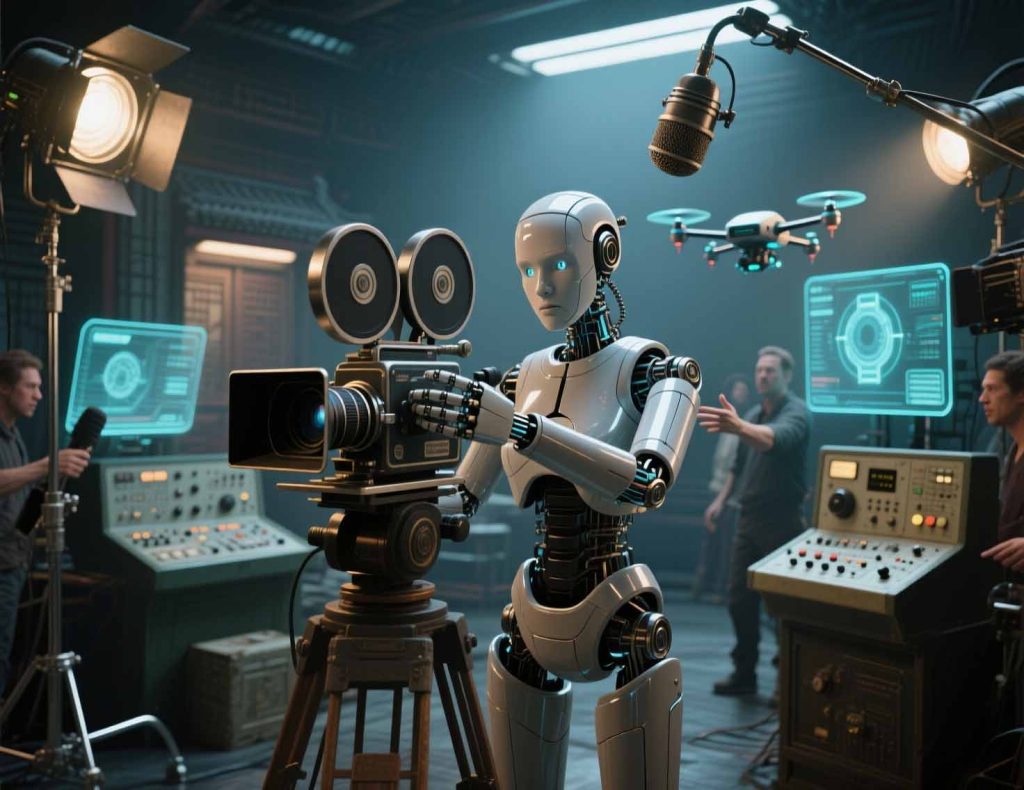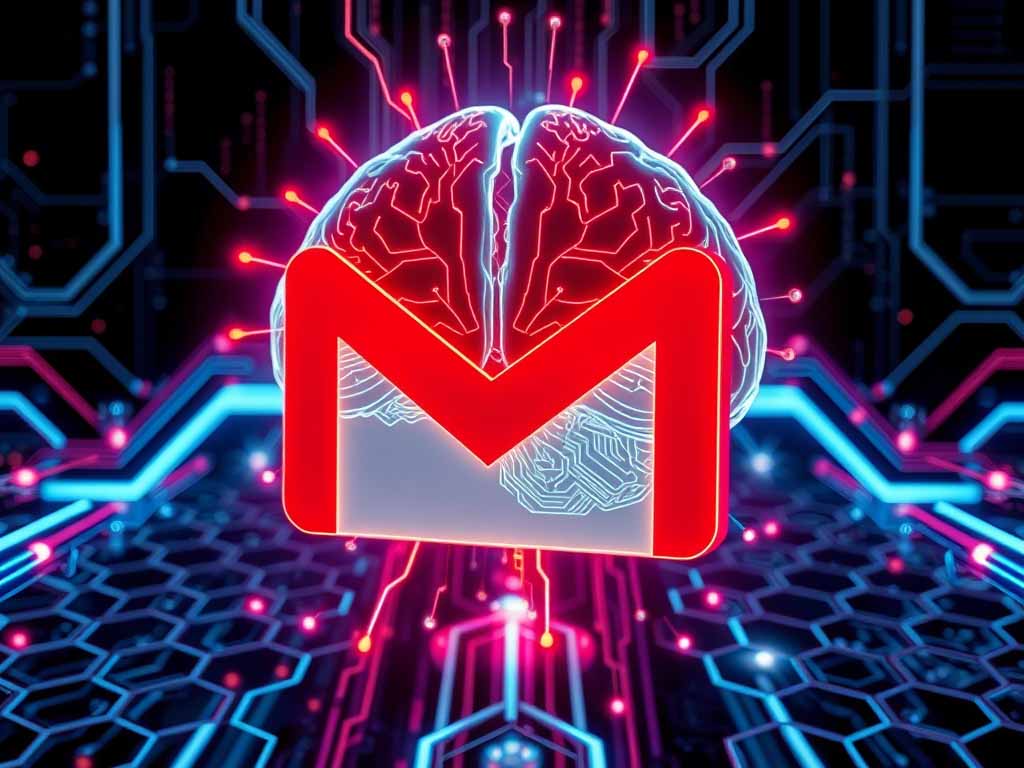Hollywood has always been a playground of creativity, ambition, and sometimes chaos. Directors chase visions, actors improvise, and writers craft dialogue that makes audiences laugh, cry, and gasp. But now, a new player is stepping onto the set: artificial intelligence.
From scriptwriting to editing, AI is beginning to influence filmmaking in ways we’re just starting to understand. And the big question is: could a robot ever direct a blockbuster movie?
The Rise of AI in Filmmaking
AI is already infiltrating multiple aspects of film production:
- Scriptwriting: Some platforms can generate story ideas, plot twists, or even complete scripts based on popular genres or previous hits.
- Casting suggestions: AI analyzes actor performances, fan reactions, and on-screen chemistry to suggest potential casting choices.
- Visual effects (VFX): AI accelerates rendering, cleans up footage, and even generates CGI characters more efficiently.
- Editing: AI tools can automatically assemble rough cuts, suggest scene transitions, or even optimize pacing based on viewer engagement data.
- Marketing insights: Predictive AI can forecast box office success or suggest trailer edits to maximize audience impact.
In short, AI is already part of the filmmaking toolkit—and it’s making production faster, cheaper, and sometimes more polished.
Why Hollywood Loves AI
- Efficiency: AI can crunch data, manage logistics, and handle repetitive tasks that humans might find tedious.
- Data-driven creativity: AI can analyze box office trends, audience preferences, and narrative patterns to suggest stories with high potential.
- Cost reduction: From editing to VFX, AI can save time and money without compromising quality.
- Creative experimentation: AI can generate ideas that human writers might never consider, sparking unique concepts.
It sounds like a dream collaborator for directors and producers—but creativity isn’t just about speed or efficiency.
The Human Touch in Filmmaking
Filmmaking is messy, emotional, and profoundly human. The best directors aren’t just managers—they’re storytellers who feel the pulse of their cast, the rhythm of a scene, and the emotional beats that resonate with audiences.
- Emotional nuance: A robot might generate dialogue, but can it capture the subtle vulnerability of a character in a love scene?
- Improvisation: Actors often bring unexpected ideas to the set. Can AI adapt on the fly to human spontaneity?
- Cultural sensitivity: Storytelling often requires understanding social context, history, and lived experience. AI can miss nuance.
- Vision and intuition: Directors make countless instinctive decisions—sometimes illogical, sometimes inspired—that define a film’s soul. AI can suggest options, but can it feel inspiration?
In other words, AI might assist, but it cannot yet replicate the heartbeat of human creativity.
AI as a Collaborative Tool
That doesn’t mean AI is unwelcome in the creative process. Many filmmakers are experimenting with AI as a collaborator rather than a replacement:
- AI-assisted writing: It can draft dialogue or plot ideas that human writers refine and personalize.
- Editing support: AI can assemble preliminary cuts, giving editors a starting point to shape the final story.
- Pre-visualization: Directors can see AI-generated concept art or CGI versions of scenes before shooting.
- Audience testing: AI can analyze trailer cuts or story arcs to predict engagement, helping humans make informed decisions.
In this way, AI enhances creativity without replacing the uniquely human elements of storytelling.
The Risks of Letting AI Direct
If we hand the director’s chair entirely to AI, several issues arise:
- Loss of emotional depth: AI may produce technically perfect films, but they might feel hollow or generic.
- Creativity constrained by data: AI relies on patterns from existing films, which could stifle innovation.
- Ethical concerns: Who is responsible for content created by AI? Copyright, cultural representation, and moral implications become complicated.
- Audience fatigue: Movies that follow AI-predicted “success formulas” might lack surprise, nuance, or originality, risking a sea of formulaic blockbusters.
Even the most advanced algorithm struggles to replace the intuition, emotion, and chaos that make cinema magical.
Could a Robot Direct the Next Blockbuster?
Technically, AI could manage many aspects of production, but the “soul” of filmmaking—those gut decisions, improvisations, and emotional instincts—remains human. The likely future? AI as co-director, assistant, or creative advisor, not the auteur behind the camera.
Think of it as a hybrid model: humans provide vision and intuition; AI offers efficiency, insight, and innovation. Together, they can create films faster, more efficiently, and maybe even more imaginatively—but the heart still beats human.
Final Thought
AI is changing filmmaking, from pre-production to post-production. It can draft scripts, optimize editing, and suggest narrative beats. But the art of cinema—the emotional resonance, cultural insight, and human connection—remains uniquely ours.
So yes, robots may play a bigger role in Hollywood’s next blockbuster, but the director’s chair? That will still belong to a human heart.



